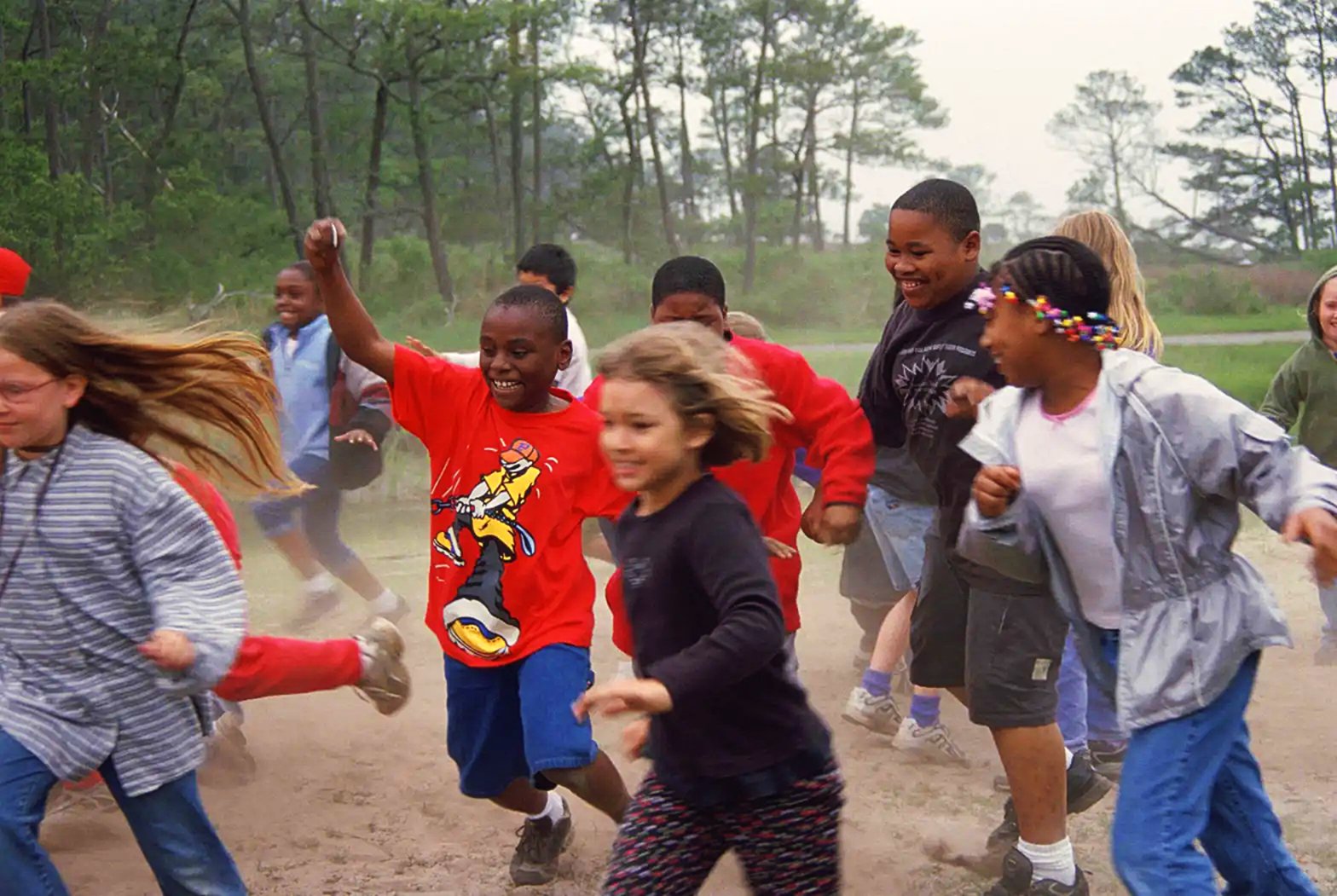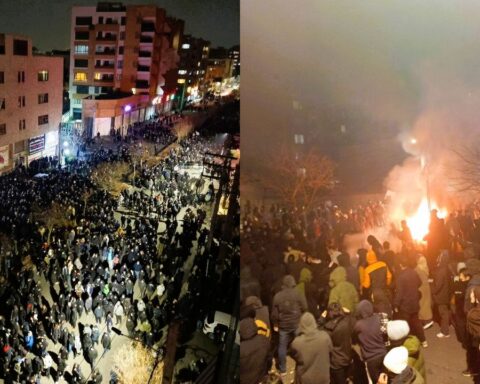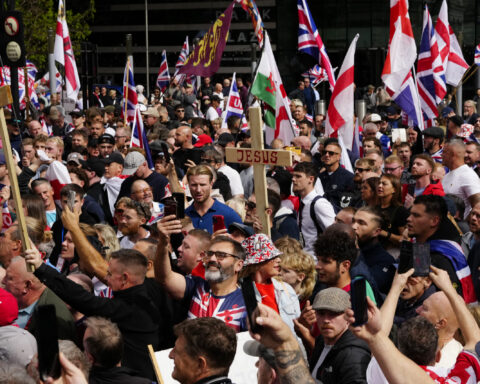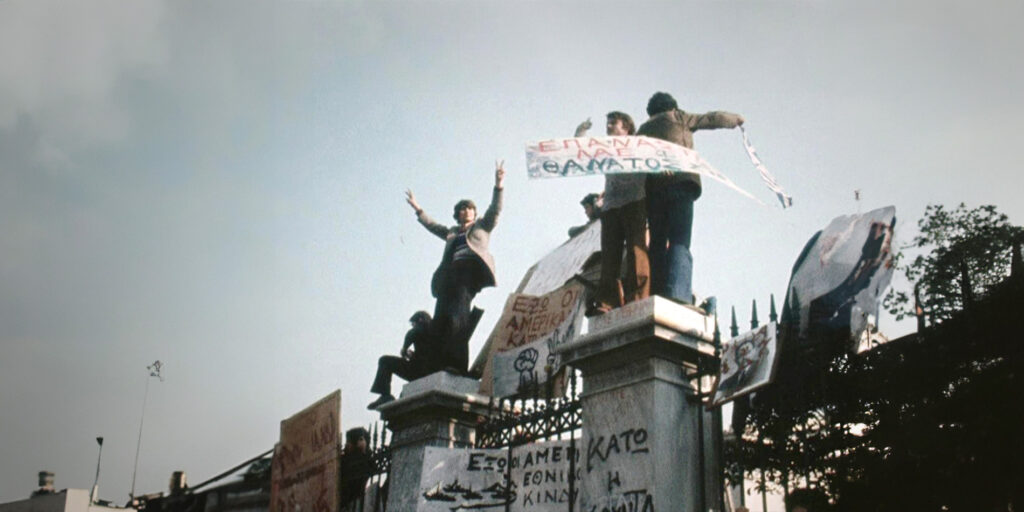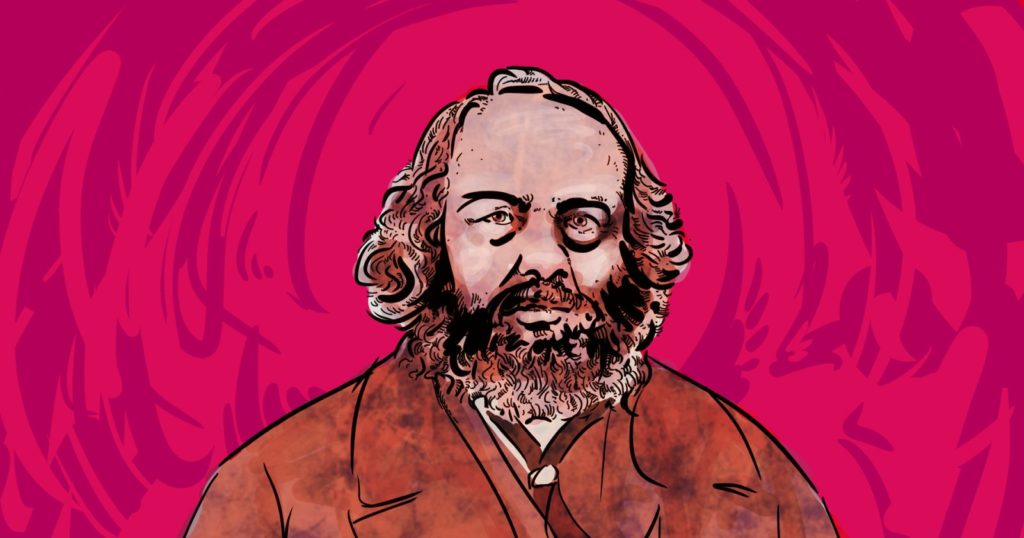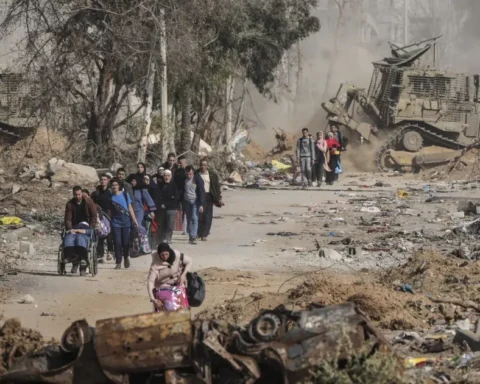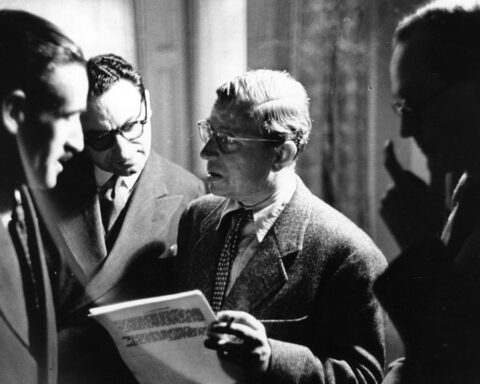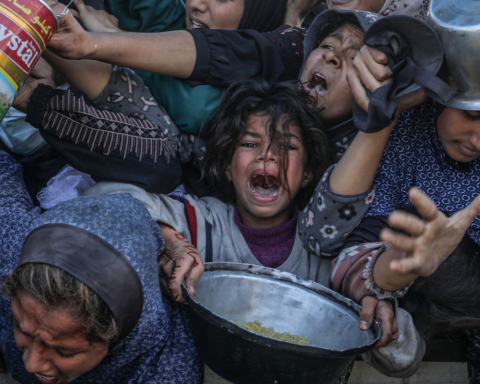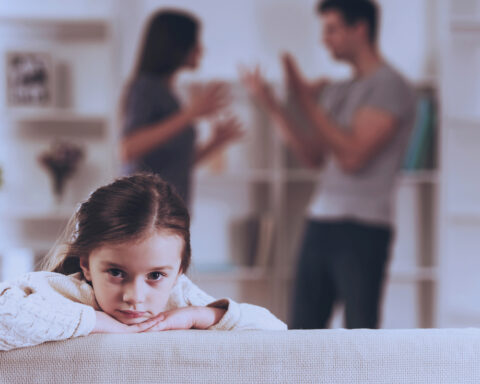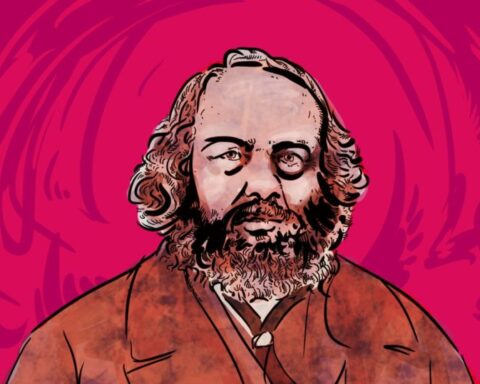It was “family abolition” week in the Queer Studies class I teach, which is a topic that always gets a lot of conversation. It’s a bold shorthand for a more nuanced theory whose advocates aim to illuminate the violence of the nuclear family structure while simultaneously encouraging more expansive networks of care.
It’s hard to refute the facts: the home is a site of disproportionate sexual, physical, and mental/emotional harm. It’s a model that serves capitalism by naturalizing the reproductive labor of parenting and home maintenance that enables workers to get ready to go make money for a boss. It becomes an easy out for the state to use in place of actual change — rather than give everyone healthcare, for example, spousal benefits are incentivized; to maintain the barbarousness of borders, marriage is heralded as an upstanding path to crossing them. And as many activist writers have noted: the benefits of marriage destroyed the radical momentum of the gay liberation movement. Relatedly, marriage creates a moral center, which the state weaponizes to construct and punish the outlying “deviants.”
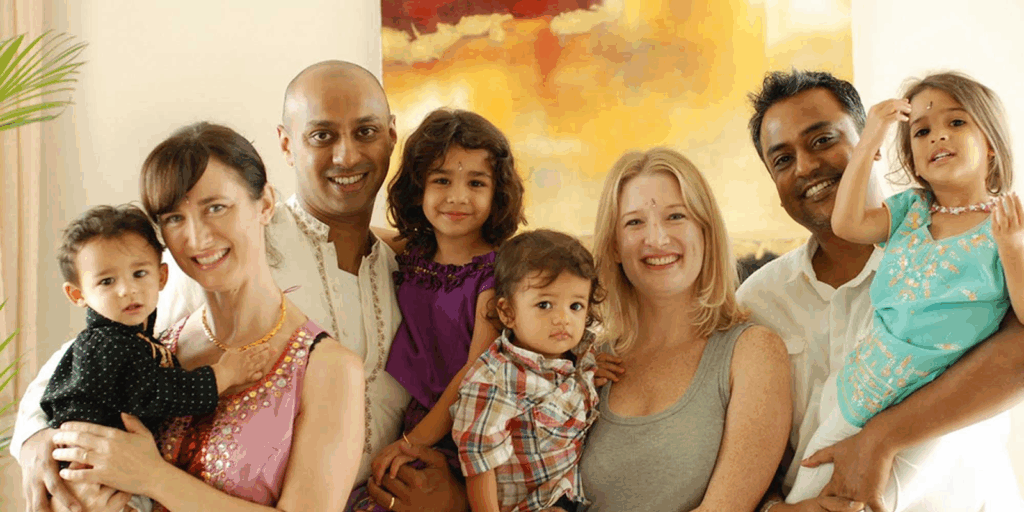
We also know that two people are not enough to raise children, and that, as Sophie Lewis puts it, children are part of a “lottery that drops a neonate arbitrarily among one or two or three or four individuals (of a particular class) and keeps her there for the best part of two decades without her consent.” If you are born into generational wealth and parental mental wellness, you will fare well; the rest of us are expected to pull ourselves out of our conditions by the proverbial bootstraps.
It’s easy for me to get excited about family abolition because the conclusion is a dreamy vision of queer worldmaking. Family abolitionists (usually) don’t say any of us need to give up our blood kin if we don’t want to, but rather that we ought to imagine real community care. That we ought to build the kind of world that doesn’t wed a child’s success to the current financial or emotional state of a couple adults, and one that allows for the work of tending —to our old, our young, our sick — to be a shared task by entire circles of people, not just whoever lives close with shared DNA or legal tethers. It’s ambitious and often out of reach, but, as queer communities have demonstrated for centuries, “chosen family” is possible.
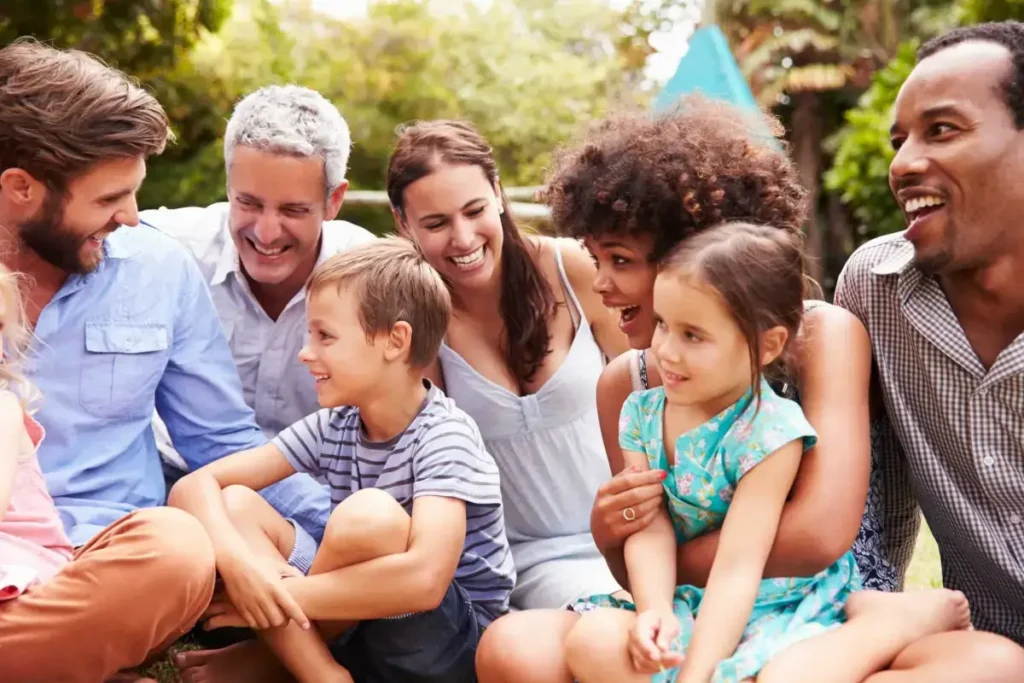
Family abolition has its critics, and not just from the pronatalist, family-values Right. In Feminist Theory: From Margin to Center, bell hooks pushes against the feminist analysis of family as the primary site of oppression as a glaringly white conclusion: “…many black women find the family the least oppressive institution.” Hooks continues: “Devaluation of family life in feminist discussion often reflects the class nature of the movement. Individuals from privileged classes rely on a number of institutional and social structures to affirm and protect their interests. The bourgeois woman can repudiate family without believing that by doing so she relinquishes the possibility of relationship, care, protection. If all else fails, she can buy care.” I write regularly about the way growing up poor taught me more about community care than any radical text, so I’m in firsthand agreement with hooks’ call out here. Not to mention that the idea that the state is motivated to keep families together flies in the face of the experience of poor families (disproportionately families of color) whose children get stolen from them by Child & Family Services, or immigrant families who get torn apart by ICE.
Still, family abolitionists like Lewis, M.E. O’Brien, Shulamith Firestone (and others) are also right: the nuclear household is not a sustainable model.
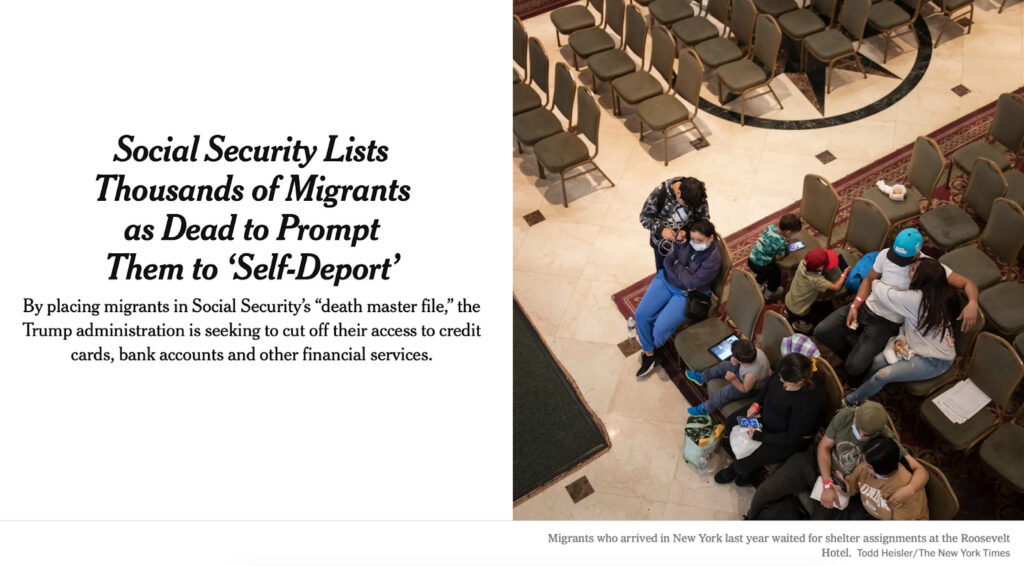
In addition to being immersed in this literature, this week also brought the following: learning that a student’s undocumented father would not be able to attend her graduation because of the Real ID Act; learning that another student’s parents were refusing to accept their daughter’s gender transition; having a horribly high-conflict experience at a meeting that could generously be described as part of my radical “chosen family”; getting excited to make brunch for my bio-family for Easter; and, feeling legitimately haunted by this image of migrants in New York in an article about the necropolitical hellscape that is the US.
I couldn’t shake this scene. The holding, the head leaning, the exhaustion that found refuge in beloveds’ arms. The love the love the love; the family. That’s all I kept thinking: the love, the family.
I have no conclusion to the mess of this, other than to say the state is the enemy of care. The state is the enemy of love. The state is the enemy of whatever version of family is worth holding onto.
_____
Written by Raechel Anne Jolie
Continue reading her amazing posts for free in the Substack app
